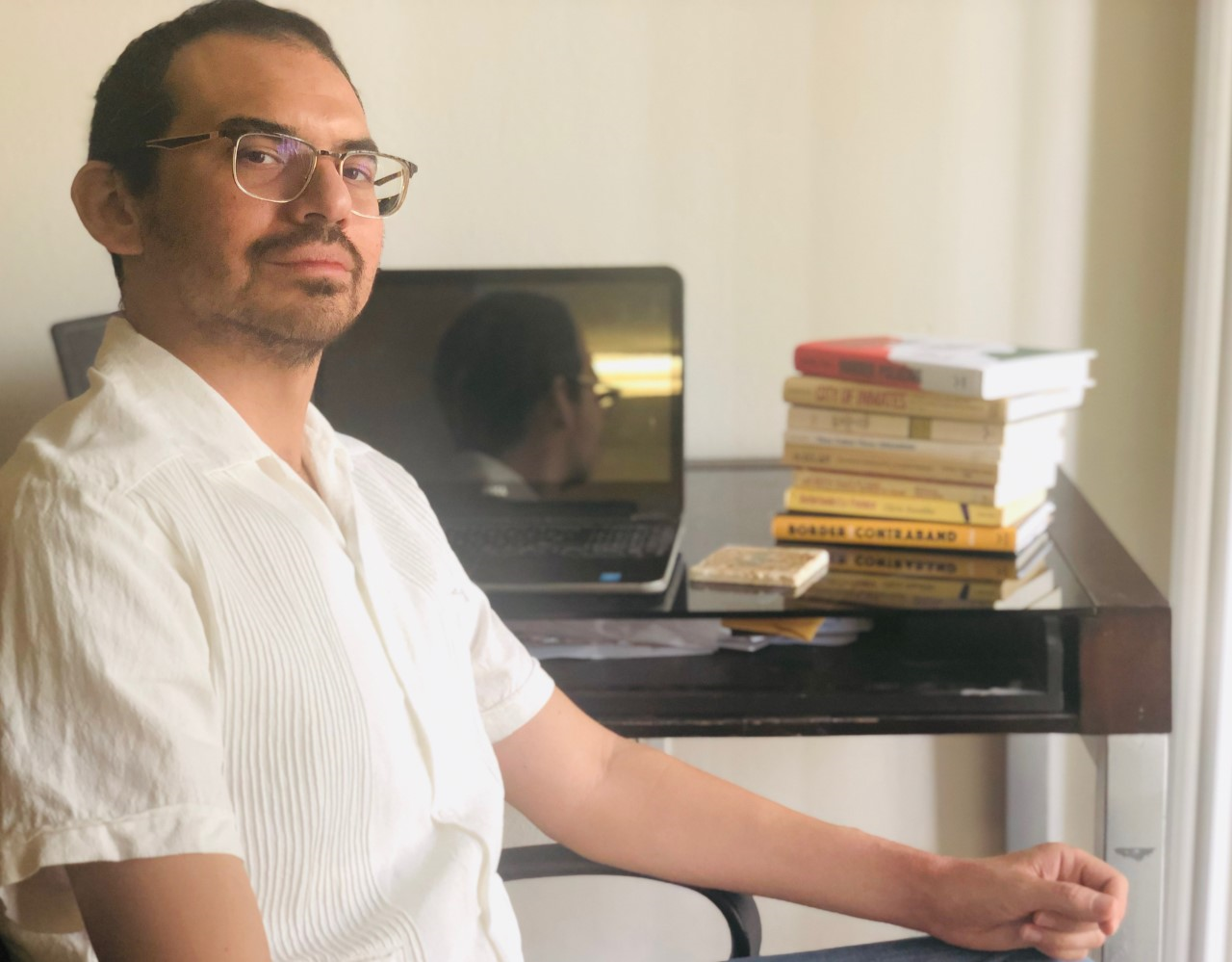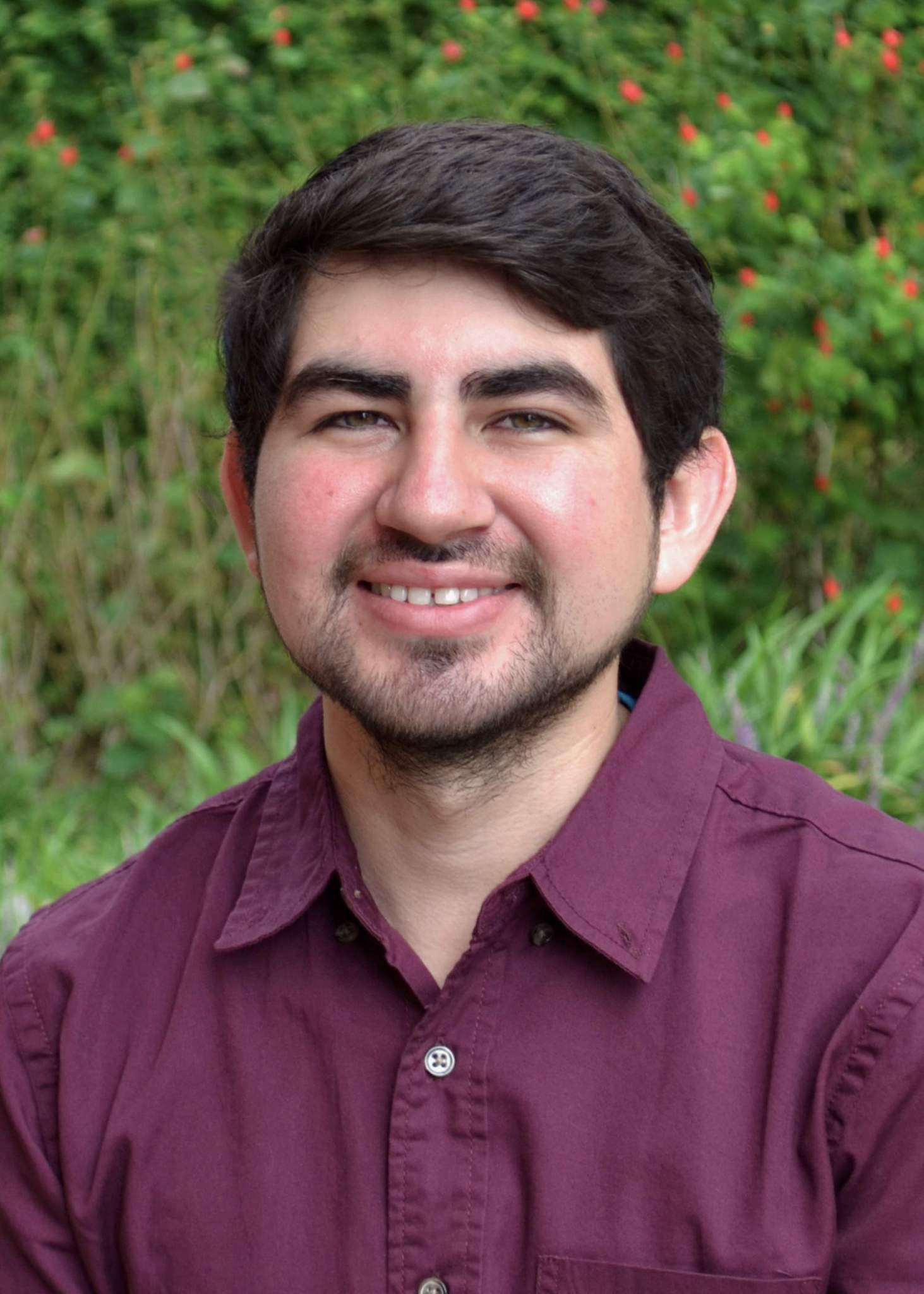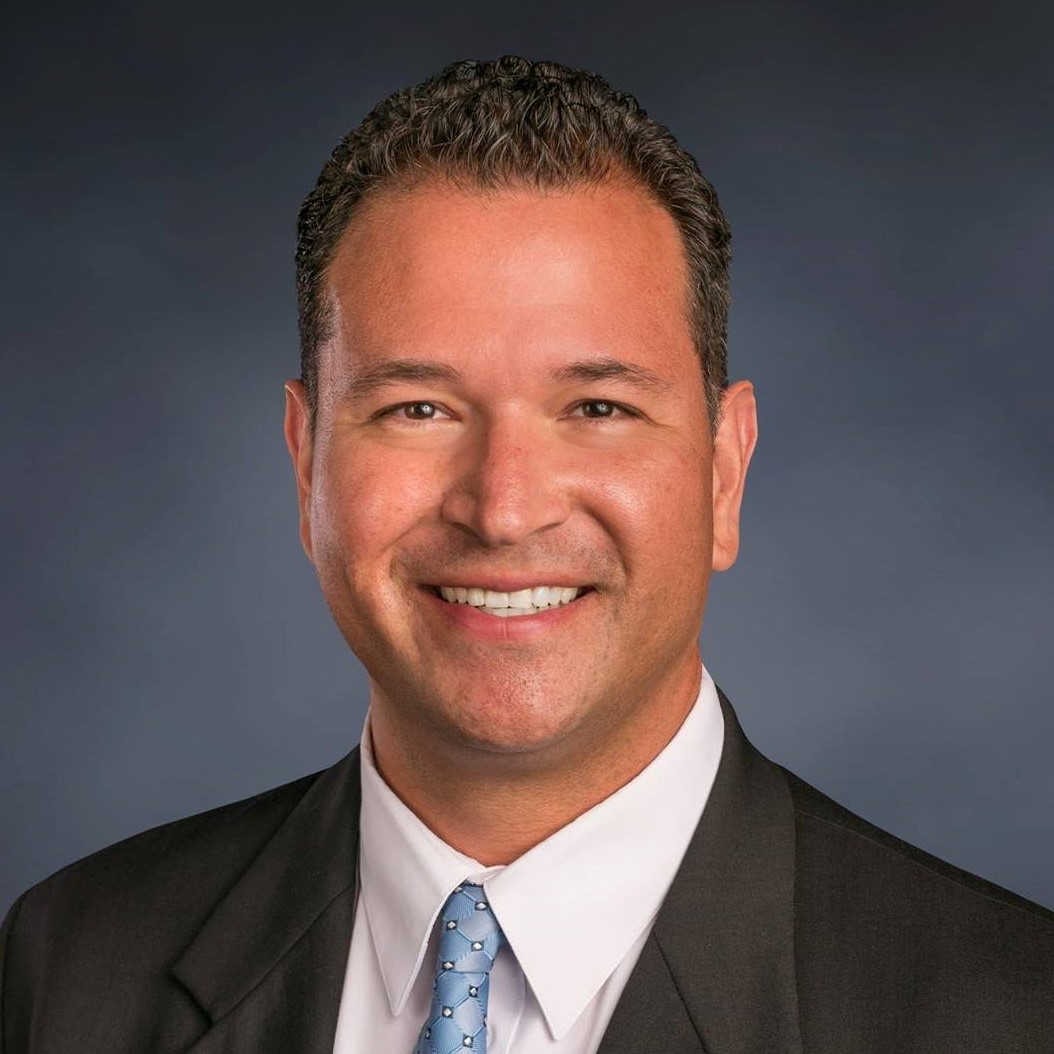Ranger Bicentennial Project
Since the creation of “Ranger” companies by Anglo-American colonists in Mexican Texas in the 1820s, Texas Rangers have played important roles in the history of Texas. A large body of scholarship, including recent works by Refusing to Forget members, documents some of the ways in which their actions have supported white supremacy. In 2023, the claimed bicentennial of the Texas Ranger Force’s founding, we hope to contribute to the larger national conversation about policing by documenting Ranger history by way of social media content, a traveling version of the “Life and Death on the Border” exhibit, and work with the press.









